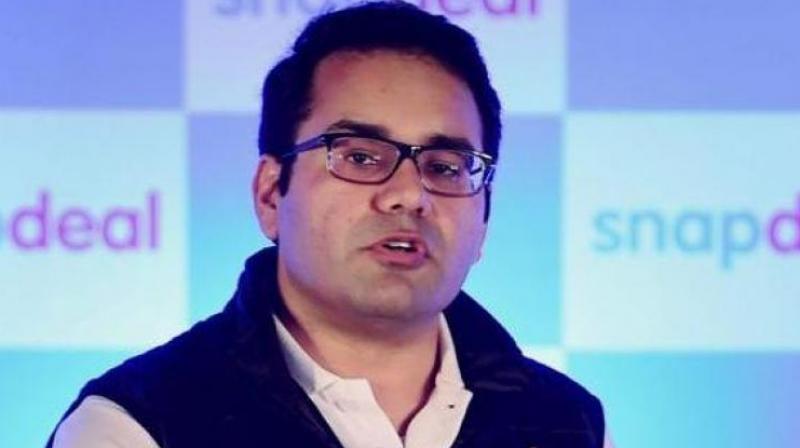Flipkart-Snapdeal deal: Negotiations on for higher offer

New Delhi: After Snapdeal's board reportedly rejected Flipkart's USD 850 million takeover offer, the two parties are now holding parleys over the USD 150-200 million valuation gap.
According to sources privy to the development, Flipkart had initially offered USD 1 billion for the deal but post the due diligence, it made an offer for USD 800-850 million.
The offer was rejected by Snapdeal's board as it felt the amount undervalues the company as the due diligence report is clean, one of the sources said.
"However, the deal isn't off and negotiations will continue. The differences over Snapdeal's valuation could delay the process," they added.
Emails sent to Snapdeal, SoftBank and Flipkart did not elicit response. SoftBank, Snapdeal's largest investor, has been proactively mediating the sale for the past few months. The board also has representation from Snapdeal founders (Kunal Bahl and Rohit Bansal), NVP and Kalaari Capital.
EY, which was roped in by Flipkart to conduct a due diligence on Snapdeal, submitted its report a few days ago, following which the offer was made.
The deal between Snapdeal and Flipkart, if completed, would mark the biggest acquisition in the Indian e-commerce space. One of the leading contenders in the Indian e-commerce space, Snapdeal has seen its fortunes falling amid strong competition from Amazon and Flipkart.
Compared to a valuation of about USD 6.5 billion in February 2016, the sale to Flipkart could see Snapdeal being valued at a much lower level. SoftBank has already written off over USD 1 billion on valuation of its investment in Snapdeal.
The deal has been in works for a few months now. SoftBank saw initial hiccups in bringing early investors -- Nexus Venture Partners and Kalaari Capital -- on board with the sale proposal.
However, these firms later agreed to the proposal. But, PremjiInvest -- an investor in Snapdeal that does not have board representation -- has recently written to the company seeking greater clarity on the terms and sought equal treatment of shareholders for payouts from the deal.

